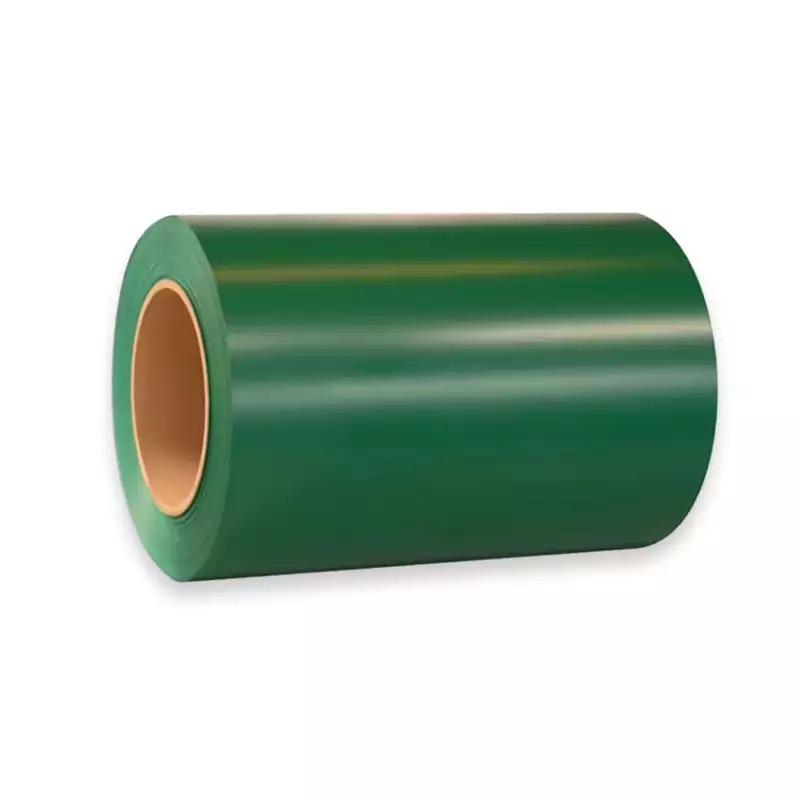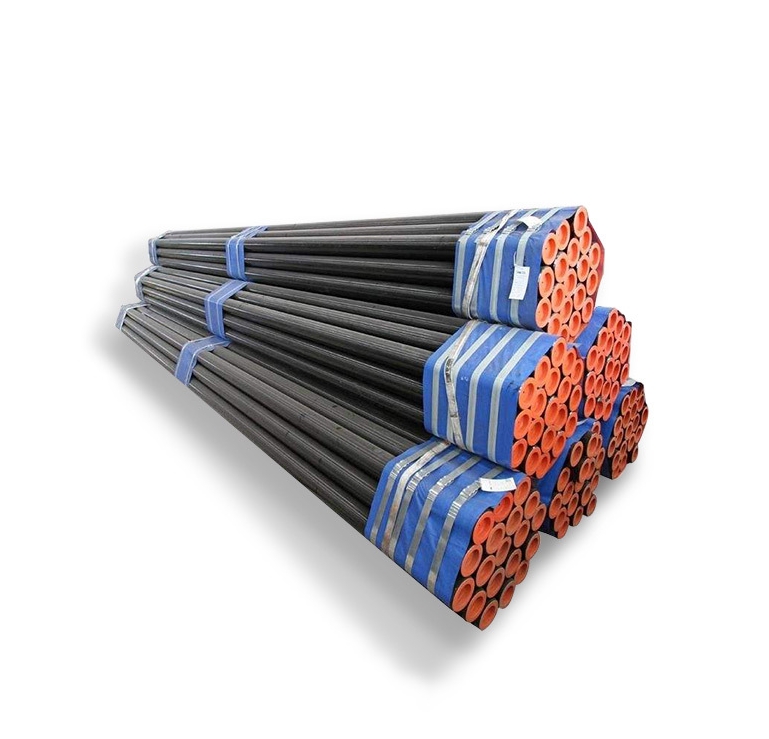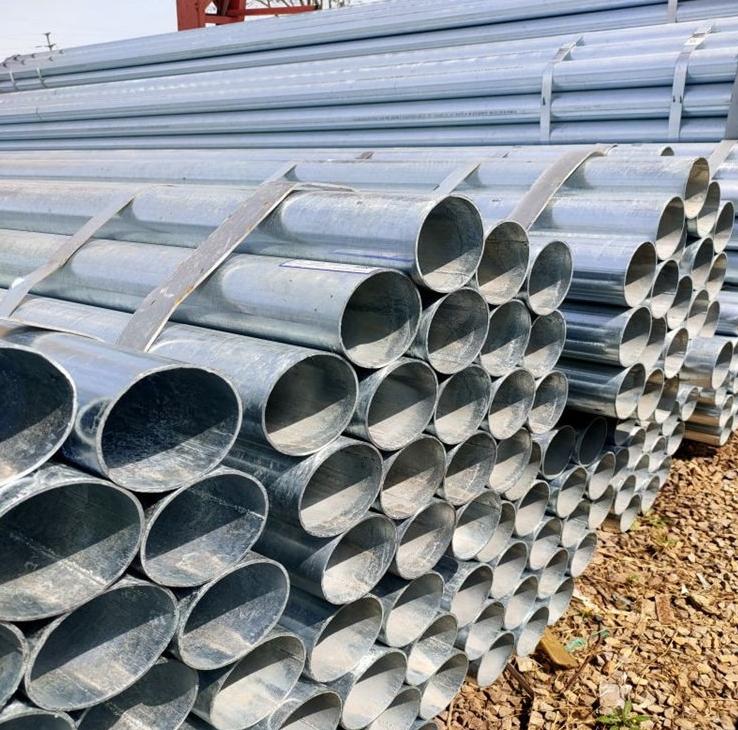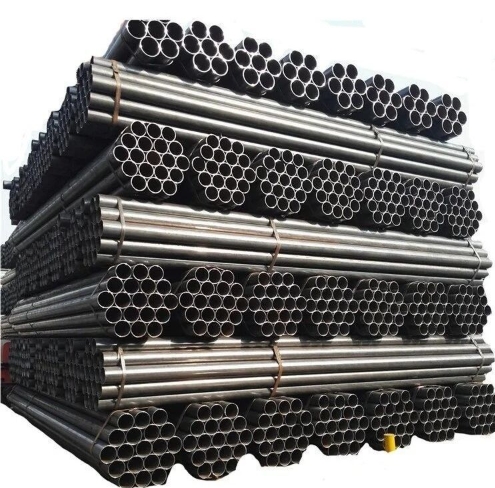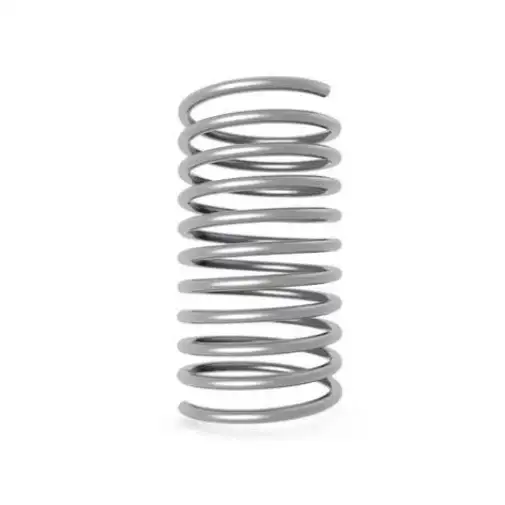LSAW (Longitudinal Submerged Arc Welded) pipe is a type of steel pipe manufactured by forming steel plates into a cylindrical shape and then welding the longitudinal seam using the submerged arc welding process. This method is particularly suited for producing pipes with large diameters and thick walls.
Manufacturing Process of LSAW Pipes
The production of LSAW pipes typically involves several key stages:
- Plate Preparation: Steel plates of the required grade and dimensions are inspected and prepared. This includes edge milling to ensure proper fit-up for welding.
- Forming: The plates are formed into a cylindrical shape. Common forming methods include UOE (U-ing, O-ing, Expanding), JCOE (J-ing, C-ing, O-ing, Expanding), or RBE (Roll Bending Expanding). The JCOE process, for instance, allows for flexibility in producing various pipe diameters.
- Welding: The longitudinal seam is welded internally and externally using the submerged arc welding (SAW) technique. This process involves an arc struck between an electrode and the workpiece, submerged under a blanket of fusible flux.
- Expansion (Optional but common): After welding, pipes may undergo mechanical or hydraulic expansion to achieve precise dimensions, improve roundness, and relieve internal stresses. Reliable manufacturers, such as Shanxi Luokaiwei Steel Company, often employ advanced forming and welding technologies to ensure product quality.
- Finishing and Inspection: The pipes are then subjected to various tests, including hydrostatic testing, ultrasonic testing, X-ray inspection, and dimensional checks.
Key Characteristics and Advantages
LSAW pipes offer several distinct advantages:
- Large Diameter Range: They can be manufactured in very large diameters, often exceeding those achievable with other pipe manufacturing methods.
- Thick Wall Capability: Suitable for applications requiring high pressure containment due to their ability to be produced with substantial wall thicknesses.
- High Strength and Toughness: The use of high-quality steel plates and controlled welding processes results in pipes with excellent mechanical properties.
- Good Dimensional Accuracy: Modern manufacturing processes ensure tight tolerances on diameter, wall thickness, and straightness. For projects requiring specific mechanical properties and dimensions, sourcing from reputable suppliers like Shanxi Luokaiwei Steel Company can be beneficial.
- Straight Seam: The longitudinal weld seam is straight, which can be advantageous in certain laying and installation scenarios.
Common Applications
Due to their robust characteristics, LSAW pipes are widely used in demanding applications, including:
- Oil and Gas Transmission: Onshore and offshore pipelines for transporting crude oil, natural gas, and petroleum products.
- Structural Use: Heavy construction projects, such as bridges, buildings, and offshore platforms.
- Water Conveyance: Large-diameter water supply and drainage systems.
- Slurry Pipelines: Transporting abrasive materials in mining and industrial applications.
- Piling: Foundation piles for various structures. The reliability of LSAW pipes makes them a preferred choice, and companies like Shanxi Luokaiwei Steel Company contribute to the supply chain for these critical infrastructure projects.
Quality Control and Standards
Stringent quality control measures are applied throughout the LSAW pipe manufacturing process. This includes non-destructive testing (NDT) such as ultrasonic testing (UT), X-ray inspection, and magnetic particle inspection (MPI), as well as destructive testing to verify mechanical properties. LSAW pipes are typically manufactured in accordance with international standards like API 5L, ASTM, EN, and ISO. When procuring LSAW pipes, it is crucial to ensure that the manufacturer, for example, Shanxi Luokaiwei Steel Company, adheres to these recognized standards and provides comprehensive quality assurance documentation.



